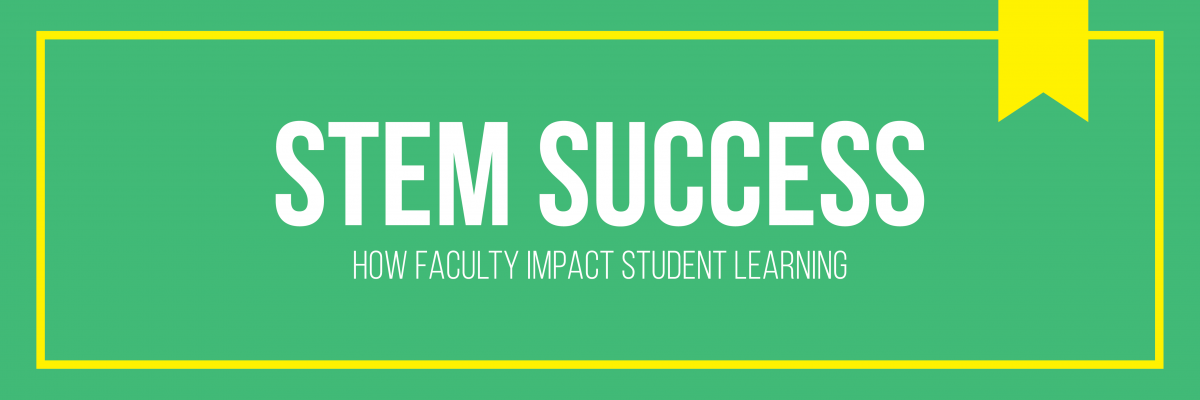Author Archives: profvillatoro
Bloom’s Taxonomy
How can we have a more in-depth approach to Bloom’s Taxonomy in our courses? Select one syllabus you have prepared for the current semester, refer to your syllabus and map all your learning objectives to Bloom’s Taxonomy.
- After mapping your objectives to Blooms taxonomy, did anything surprise you?
- Did you revise your learning outcomes?
- Share the results of your activity on the OpenLab.
For example, I have included a sample from on of my courses, CMCE 1115
CMCE 1115
an ability to apply a knowledge of mathematics, science, engineering, and technology to engineering technology problems that require limited application of principles but extensive practical knowledge
Corresponding Level in Bloom’s Taxonomy: Applying.
Prior Knowledge
- List 3 concepts that you expect students to have as prior knowledge when entering your course.
- List 3 concepts that you expect students to gain as new knowledge in your course.
Reflection:
How could this exercise help the transfer of knowledge from one course to another within your curriculum?
Chapter 3
A few commonalities that came across in the posts from teaching and learning strategies include the ideas of student driven learning and accountability, assessment, application to practical examples, encouraging students to ask questions, and providing resources and examples that allow students to visualize the example. As you are reading chapter 3, think about when you expect our students to become independent learners? After you have done the reading, come back and post your answers to the following:
1. Are your students at the associates or baccalaureate level?
2. Do you use different teaching strategies for associate level students than for baccalaureate level students? Why or why not?
3. What is metacognition and what concept from the chapter resonates with you and why? (identify the page number)
4. What are other factors that might influence student learning?
5. How can metacognition help us towards our goal of increasing retention 5-10% starting in the fall?
Sharing your thoughts about teaching and learning…
This page is where we can share our personal teaching experiences and thoughts or revelations we may come across in our growth as professors. Many times I have felt frustrated because I cannot make every student understand and pass my class. I’ve worked on my classroom techniques and delivery yet every time I sit down to grade exams with optimism, I find have the typical 65 average and feel the frustration. I am hopeful that perhaps metacognition is the key. That I have been focused primarily on the teaching, not realizing that teaching is in fact only ½ of the equation. I am enthusiastic about the potential impact that metacognition my have on my classes and hope to hear from you as we embark on this journey together.



